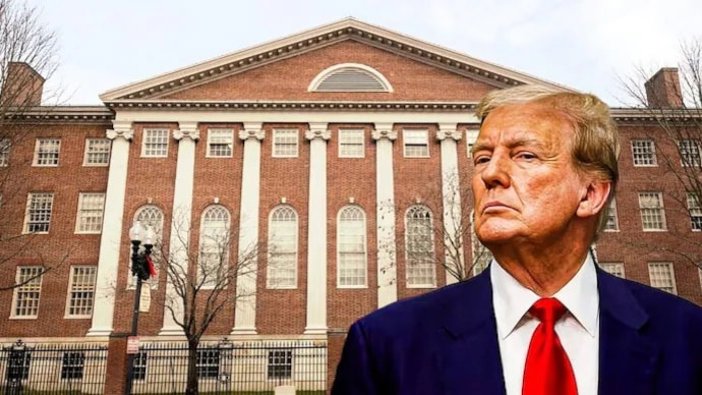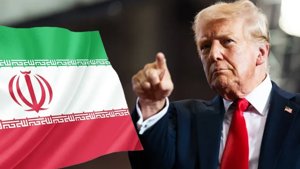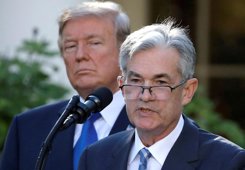
Judge Pauses Trump Harvard Visa Move
Judge halts Trump plan to revoke Harvard’s student visa access; lawsuit cites First Amendment and due process violations.
Harvard Lawsuit Prompts Emergency Court Intervention
A federal judge has granted a temporary restraining order to Harvard University, pausing the Trump administration’s attempt to cancel the institution’s ability to host international students. The ruling comes after Harvard sued the administration, alleging the move violated constitutional protections and federal administrative law.
Judge Allison Burroughs, appointed in 2014, issued the order ahead of a full hearing scheduled for Tuesday at 9:30 a.m. in Boston federal court. Harvard’s lawsuit contends the Department of Homeland Security’s decision would impact over 7,000 international students — nearly a quarter of the university’s student body.
In its court filing, Harvard described the visa policy as a “blatant violation” of the First Amendment, the Due Process Clause, and the Administrative Procedure Act. The university also argued that the move was retaliatory, citing its refusal to provide the government with sensitive data on international students.
DHS Cites National Security, Harvard Alleges Retaliation
The Department of Homeland Security had moved to revoke Harvard’s participation in the student visa program, claiming the university failed to comply with requests for extensive behavioral and disciplinary records of visa holders. The information demanded included footage of protest activity, disciplinary histories, and documentation of any illegal or violent acts involving international students.
According to DHS, Harvard was given 72 hours to comply or lose authorization to enroll foreign students for the 2025–2026 academic year. As of now, incoming international students must transfer or risk losing legal residency in the U.S.
DHS Assistant Secretary Tricia McLaughlin defended the action, stating, “It is a privilege, not a right, for universities to enroll foreign students,” and argued that Harvard benefits financially from their enrollment. She said the administration is committed to reforming the student visa system.
DHS Secretary Kristi Noem explained the department made multiple requests beginning in April. After what she called an “insufficient, incomplete, and unacceptable” response from Harvard, she stated, “Consequences must follow to send a clear signal.”
Harvard President Alan Garber described the action as part of a broader campaign to control academic institutions, calling the visa revocation an attack on the university’s independence and a violation of its rights to set academic standards and policy.
The administration’s move is the latest in a widening conflict with elite academic institutions. Already, approximately a dozen Harvard students have reportedly lost visa status over protest involvement, and Secretary of State Marco Rubio told Congress that the government has likely revoked “thousands” of student visas.
Additionally, the federal government has frozen nearly $3 billion in research funding to Harvard and launched probes into the university’s responses to campus antisemitism and diversity policies.
Harvard has advised international students to consider dual admission options in anticipation of possible visa complications, an unprecedented step amid intensifying government scrutiny. The legal battle is expected to draw national attention, with far-reaching implications for academic freedom, immigration policy, and university autonomy.






